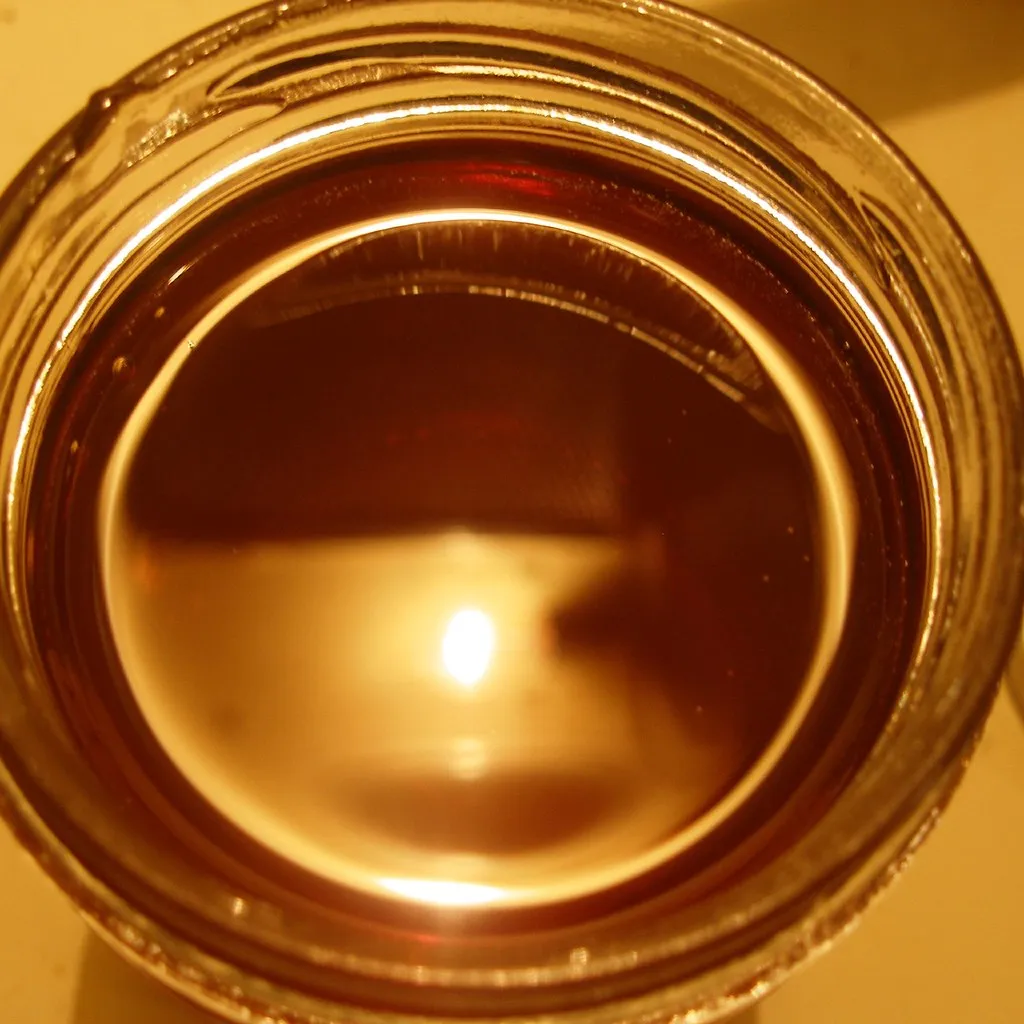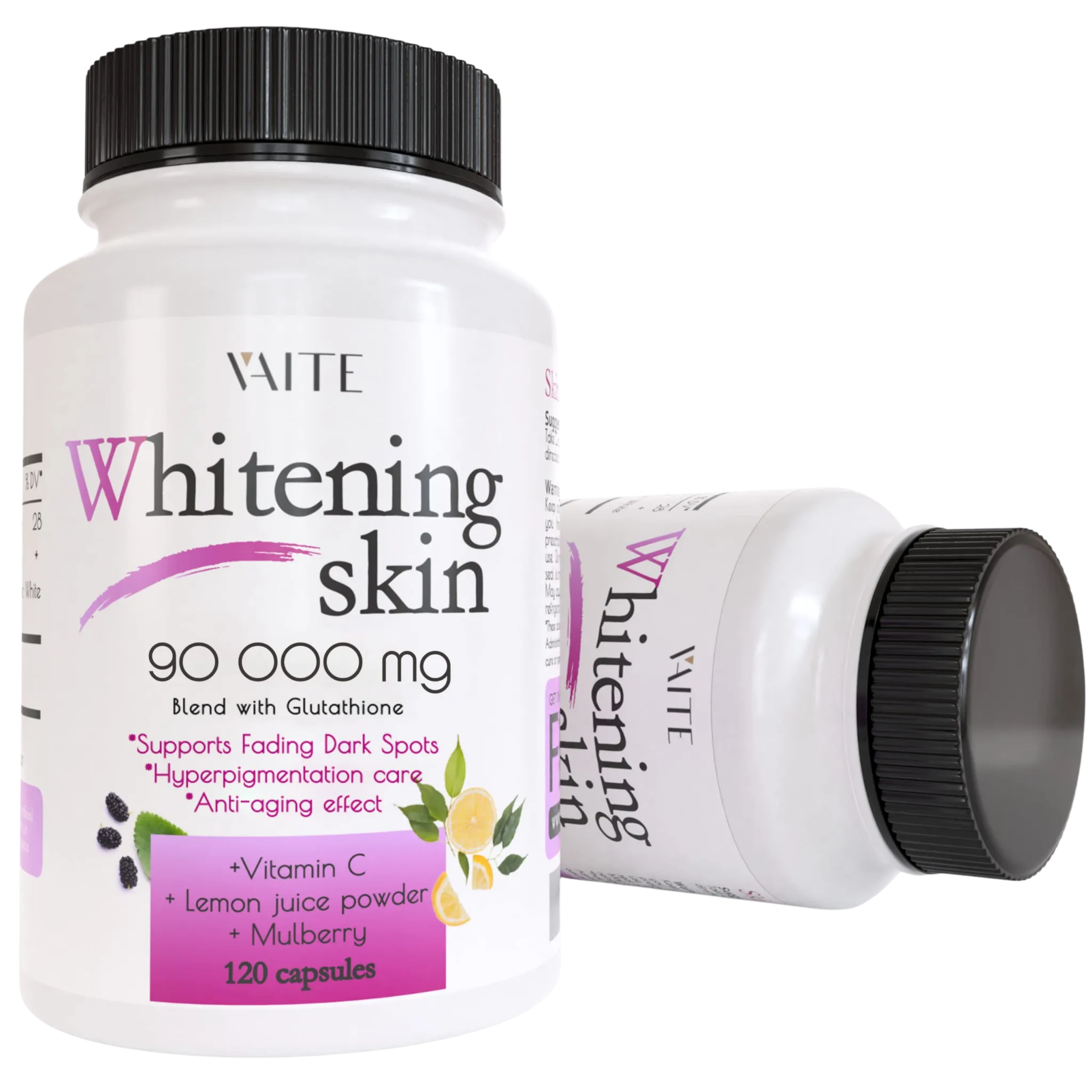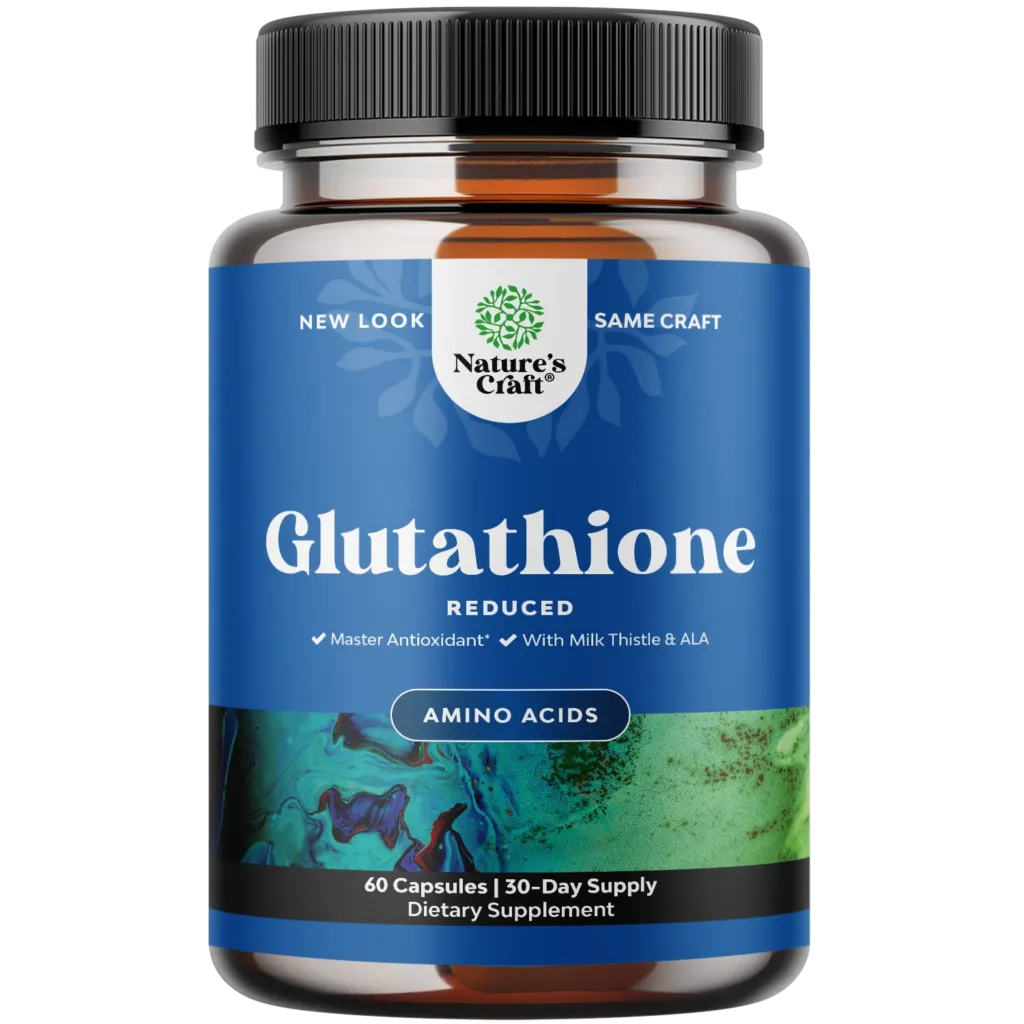What Are Skin Whitening Vitamins
Skin whitening vitamins are dietary supplements that can help to lighten the skin tone. These vitamins work by reducing the production of melanin, the pigment responsible for skin color. While some individuals may desire skin whitening for aesthetic reasons, it’s crucial to approach this topic with a focus on healthy and safe practices. Skin whitening should always be approached with caution, and it’s vital to consult with a healthcare professional before starting any new supplement regimen. Understanding the potential benefits and risks is paramount to making informed decisions about your skin care journey. The vitamins discussed in this article are often praised for their antioxidant and skin-enhancing properties, but their role in skin whitening can vary.
Vitamin C for Skin Whitening
Vitamin C, a potent antioxidant, is renowned for its skin-brightening capabilities. Found abundantly in citrus fruits, berries, and leafy green vegetables, this essential nutrient plays a crucial role in collagen synthesis. Collagen is a protein that provides structure to the skin, and adequate vitamin C intake can promote skin firmness and reduce the appearance of wrinkles. Furthermore, vitamin C can inhibit tyrosinase, an enzyme involved in melanin production. By reducing melanin, vitamin C can help lighten hyperpigmentation, such as dark spots and uneven skin tone. However, while vitamin C can contribute to skin health and potentially reduce the appearance of dark spots, it’s important to note that its direct skin whitening effects may be limited. It’s best to use vitamin C with other methods to achieve skin whitening.
How Vitamin C Works

Vitamin C functions as a powerful antioxidant, neutralizing free radicals that can damage skin cells and lead to premature aging. This antioxidant activity helps protect the skin from environmental stressors like pollution and UV radiation, which can contribute to hyperpigmentation. By inhibiting tyrosinase, vitamin C interferes with the production of melanin. The reduction in melanin can lead to a more even skin tone and a brighter complexion. It is also a key component in collagen synthesis, and adequate levels of vitamin C are essential for maintaining healthy, firm skin. Vitamin C can be taken orally through supplements or applied topically through serums and creams. Topical application allows for direct absorption, delivering targeted benefits to the skin.
Benefits of Vitamin C for Skin
The benefits of vitamin C for skin extend beyond its potential skin whitening effects. Regular use can lead to a brighter, more radiant complexion. Vitamin C’s antioxidant properties help protect against environmental damage, reducing the signs of aging and promoting overall skin health. Its role in collagen production contributes to skin firmness and elasticity, minimizing the appearance of wrinkles. Vitamin C can also help fade dark spots and hyperpigmentation. It can also improve the skin’s texture and tone, giving it a smoother, more even appearance. Incorporating vitamin C into your skincare routine, whether through dietary intake or topical application, is a great way to promote healthy, glowing skin.
Vitamin E and Skin Whitening
Vitamin E, another essential nutrient, is a powerful antioxidant that works synergistically with vitamin C. It helps protect the skin from free radical damage and environmental stressors. Found in foods like nuts, seeds, and vegetable oils, vitamin E contributes to overall skin health by moisturizing and repairing damaged skin cells. While not directly a skin-whitening agent, vitamin E can improve the appearance of scars and hyperpigmentation, indirectly contributing to a more even skin tone. When used in conjunction with vitamin C, vitamin E enhances the antioxidant benefits, providing enhanced protection against environmental damage. However, its skin-whitening effects are not as direct as those of other vitamins.
How Vitamin E Aids Skin Health

Vitamin E enhances skin health in several ways. Primarily, it acts as a potent antioxidant, neutralizing free radicals and protecting the skin from oxidative stress. This protection can help prevent premature aging, reduce inflammation, and maintain skin’s natural barrier function. Vitamin E also helps in moisturizing the skin. This moisturizing effect helps improve skin elasticity and reduce the appearance of fine lines and wrinkles. It also aids in the repair of damaged skin cells. Vitamin E supports the skin’s natural healing processes, helping to reduce the appearance of scars and promote a more even skin tone. Its ability to protect and repair skin makes it a valuable ingredient in many skincare products.
Benefits of Vitamin E for Skin Whitening
While vitamin E is not a direct skin-whitening agent, it can improve the appearance of the skin and contribute to a more even skin tone. By reducing inflammation and protecting against free radicals, vitamin E helps minimize the appearance of dark spots and hyperpigmentation caused by sun damage or other factors. It supports the skin’s natural healing processes, which can help fade scars and blemishes. The moisturizing properties of vitamin E also contribute to a smoother, more even complexion. By promoting overall skin health and protecting against damage, vitamin E indirectly supports skin whitening efforts. Vitamin E is best used as part of a broader skincare routine.
Vitamin A for Skin Whitening
Vitamin A, in the form of retinoids, is well-known for its powerful effects on skin health. Retinoids can help increase cell turnover, which can exfoliate the skin and remove dead cells. Vitamin A can also help improve skin texture and reduce the appearance of fine lines and wrinkles. While not directly a skin-whitening agent, vitamin A can contribute to a more even skin tone by reducing hyperpigmentation and promoting overall skin health. It works by influencing the production of melanin and promoting a more uniform complexion. It is important to use Vitamin A with caution, as it can cause irritation and increase sun sensitivity. Always consult with a dermatologist before using retinoids, particularly if you have sensitive skin.
The Role of Vitamin A in Skin

Vitamin A, particularly retinoids, plays a crucial role in skin health and function. Retinoids increase cell turnover, which helps exfoliate the skin and remove dead skin cells. This process can improve skin texture and reduce the appearance of fine lines, wrinkles, and uneven pigmentation. Vitamin A also stimulates collagen production, which helps maintain skin firmness and elasticity. It can also regulate sebum production, which is beneficial for those with oily or acne-prone skin. Additionally, Vitamin A has antioxidant properties, protecting the skin from free radical damage. By improving skin cell function, vitamin A can lead to clearer, healthier, and more youthful-looking skin. It’s important to note that retinoids can make your skin more sensitive to the sun, so always use sunscreen when using vitamin A.
Benefits of Vitamin A for Skin Whitening
Vitamin A can contribute to skin whitening efforts by several mechanisms. It helps to regulate melanin production, leading to a more even skin tone. Its ability to increase cell turnover promotes the removal of pigmented cells, revealing brighter skin underneath. By stimulating collagen production, vitamin A can also improve skin texture, reducing the appearance of dark spots and hyperpigmentation. It can reduce the appearance of wrinkles and fine lines. Vitamin A can help achieve a more youthful and radiant complexion. However, it’s important to use Vitamin A with caution, and it may cause irritation. Always use sunscreen when using vitamin A, and consult with a dermatologist for guidance.
Glutathione and Skin Whitening
Glutathione is a powerful antioxidant and is often considered a key ingredient in skin whitening. It’s naturally produced in the body and plays a vital role in protecting cells from damage. Glutathione works by inhibiting melanin production, which leads to a lighter skin tone. It is often taken orally or administered intravenously to achieve skin whitening effects. It can also be found in some topical skincare products. While there is evidence to support its potential benefits for skin whitening, it is crucial to consult with a healthcare professional. Ensure safe practices and manage expectations regarding results.
How Glutathione Works

Glutathione works on skin whitening by inhibiting the enzyme tyrosinase, which is responsible for melanin production. By reducing melanin, glutathione can lead to a lighter skin tone. Glutathione also has powerful antioxidant properties. It helps protect cells from damage caused by free radicals and oxidative stress. This antioxidant action contributes to overall skin health and radiance. Furthermore, Glutathione enhances the effects of other antioxidants like vitamin C and vitamin E, creating a synergistic effect. Glutathione is often taken as an oral supplement or administered intravenously. It can also be used topically in certain skincare products. The effectiveness of glutathione can depend on the formulation, dosage, and individual skin characteristics.
Benefits of Glutathione for Skin Whitening
Glutathione is praised for its potential to lighten the skin tone and improve overall skin health. It inhibits melanin production, which leads to a reduction in skin pigmentation. It reduces the appearance of dark spots, hyperpigmentation, and uneven skin tone. Glutathione helps increase skin radiance and promotes a more youthful complexion. Its antioxidant properties protect the skin from environmental damage. By reducing oxidative stress, glutathione can contribute to healthier skin. Some individuals also report that glutathione use leads to a smoother, more even skin texture. It’s important to approach glutathione use with realistic expectations, and results can vary. It’s advisable to consult a healthcare professional before starting any supplementation program.
Alpha-Lipoic Acid and Skin Whitening
Alpha-lipoic acid (ALA) is a potent antioxidant that can contribute to skin health and potentially aid in skin whitening. ALA works by reducing oxidative stress and protecting the skin from damage. It can also help in skin whitening by regenerating other antioxidants like vitamin C and vitamin E, which can inhibit melanin production. ALA is commonly found in supplements and can also be applied topically. It is important to approach skin whitening with realistic expectations and to consult a healthcare professional before using any new supplements.
The Role of Alpha-Lipoic Acid in Skin

Alpha-lipoic acid (ALA) plays several beneficial roles in skin health. Primarily, it is a powerful antioxidant that combats free radicals and protects the skin from oxidative stress. ALA has the ability to regenerate other antioxidants, such as vitamin C and vitamin E, enhancing their effectiveness. It improves skin texture and tone, potentially reducing the appearance of fine lines and wrinkles. ALA has anti-inflammatory properties, which can reduce skin irritation and promote a healthier complexion. Additionally, it can help in skin whitening by indirectly affecting melanin production. ALA supports overall skin health by reducing the damage caused by environmental factors and promoting cellular repair. Using ALA can help in achieving a smoother, more even, and more youthful-looking skin.
Benefits of Alpha-Lipoic Acid for Skin Whitening
Alpha-lipoic acid (ALA) may contribute to skin whitening by its ability to reduce oxidative stress and enhance the effectiveness of other antioxidants. Its antioxidant properties protect the skin from damage, which can lead to a more even skin tone and reduced hyperpigmentation. ALA helps in regenerating vitamin C and vitamin E, which can inhibit melanin production and contribute to a brighter complexion. It can also promote healthier skin texture and tone, enhancing the overall appearance. While ALA’s skin-whitening effects are not as direct as some other substances, its antioxidant and regenerative properties contribute to skin health and radiance. It’s advisable to combine ALA with other skincare practices and consult a healthcare professional for best results.
In conclusion, several vitamins can contribute to skin health and potentially influence skin whitening. Vitamin C, vitamin E, vitamin A, glutathione, and alpha-lipoic acid all play roles in protecting the skin and improving its appearance. It’s crucial to approach skin whitening with realistic expectations and consult with a healthcare professional before starting any new supplement regimen. A holistic approach to skincare includes a balanced diet, sun protection, and a consistent skincare routine.
